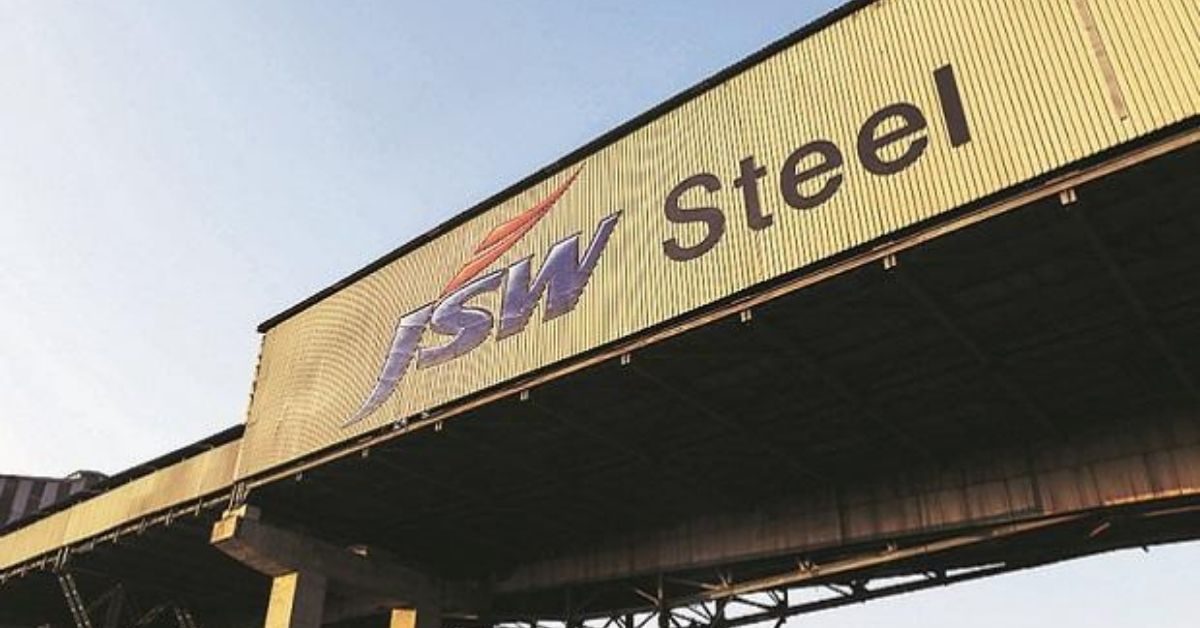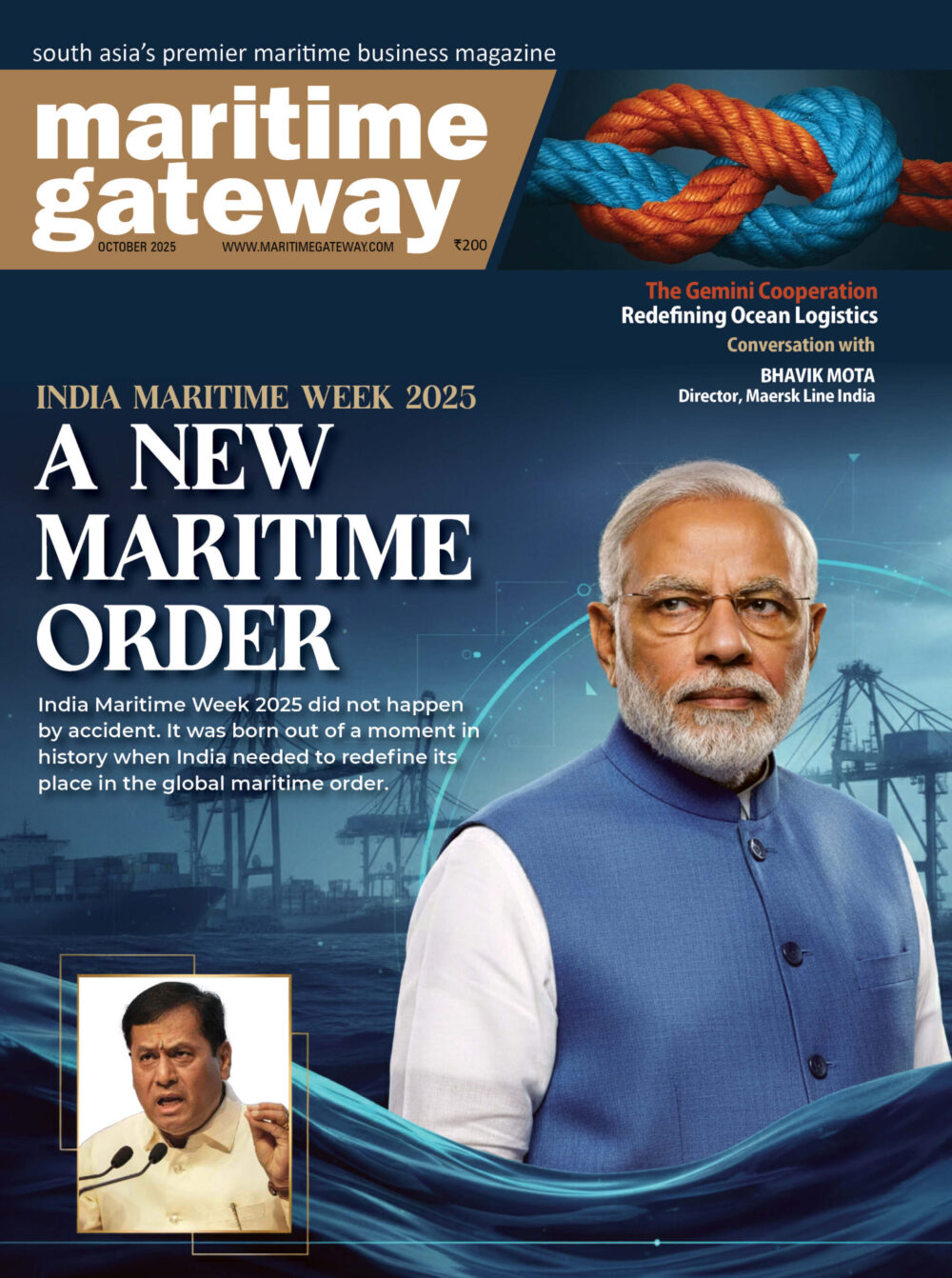Jindal’s growth plans are in sync with the country’s target of doubling crude steel capacity to 300 mt of crude steel capacity in the next 9-10 years.
Sajjan Jindal-led JSW Steel is eyeing a capacity of 50 million tonne (mt) by 2030 mirroring the country’s growth.
Speaking on the sidelines of a session organised by the Indian Chamber of Commerce (ICC) in Kolkata, Jindal said JSW Steel’s current capacity is 27 million, which could increase to 50 mt by 2030 through greenfield and brownfield options.
Jindal’s growth plans are in sync with the country’s target of doubling crude steel capacity to 300 mt of crude steel capacity in the next 9-10 years. He also believes that the Indian economy can be three times its size in 10 years’ time.
“If India has to grow, then we have to grow in a very big way,” he told members of the Chamber.
JSW Steel will be adding about 10 mt capacity by FY25. To further its growth plans, JSW may also look at acquisitions.
There will be opportunities in public sector disinvestment, Jindal said, as no other steel assets were expected to come up for auction under the Insolvency and Bankruptcy Code (IBC).
JSW Steel acquired two steel assets – Monnet Ispat and Bhushan Power & Steel under the insolvency law.
As and when disinvestment of Rashtriya Ispat Nigam Ltd (RINL) and NMDC come up, JSW may look at it, Jindal said in response to queries from the media.
Jindal’s growth plans are in spite of declining steel prices. On current market conditions, Jindal said that the steel industry is always like that. “Market conditions keep changing.”
Steel prices reached peak levels in April in the aftermath of the Russia-Ukraine war and thereafter started softening across the globe. The drop in realisation also reflected in JSW Steel’s financial performance in the September quarter as it recorded a loss.
In India, the export duty announced by the government also hit the industry. Jindal said that the government was worried about inflation and wanted steel prices to cool down. “Now that steel prices have started cooling down, they will probably open up exports again.”
The steel ministry has recommended that the duty should be removed because now there is no need given that world prices have cooled, he said.
Jindal doesn’t expect much exports from India in the current situation. “In the world markets, prices are very depressed.” Typically, JSW Steel exports about 25 per cent, he said.









